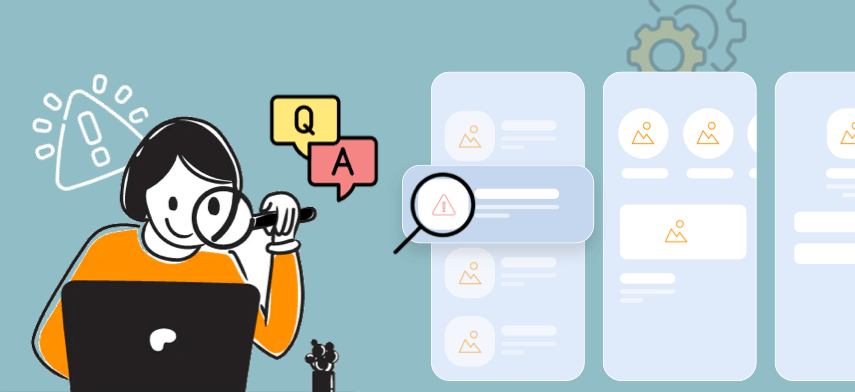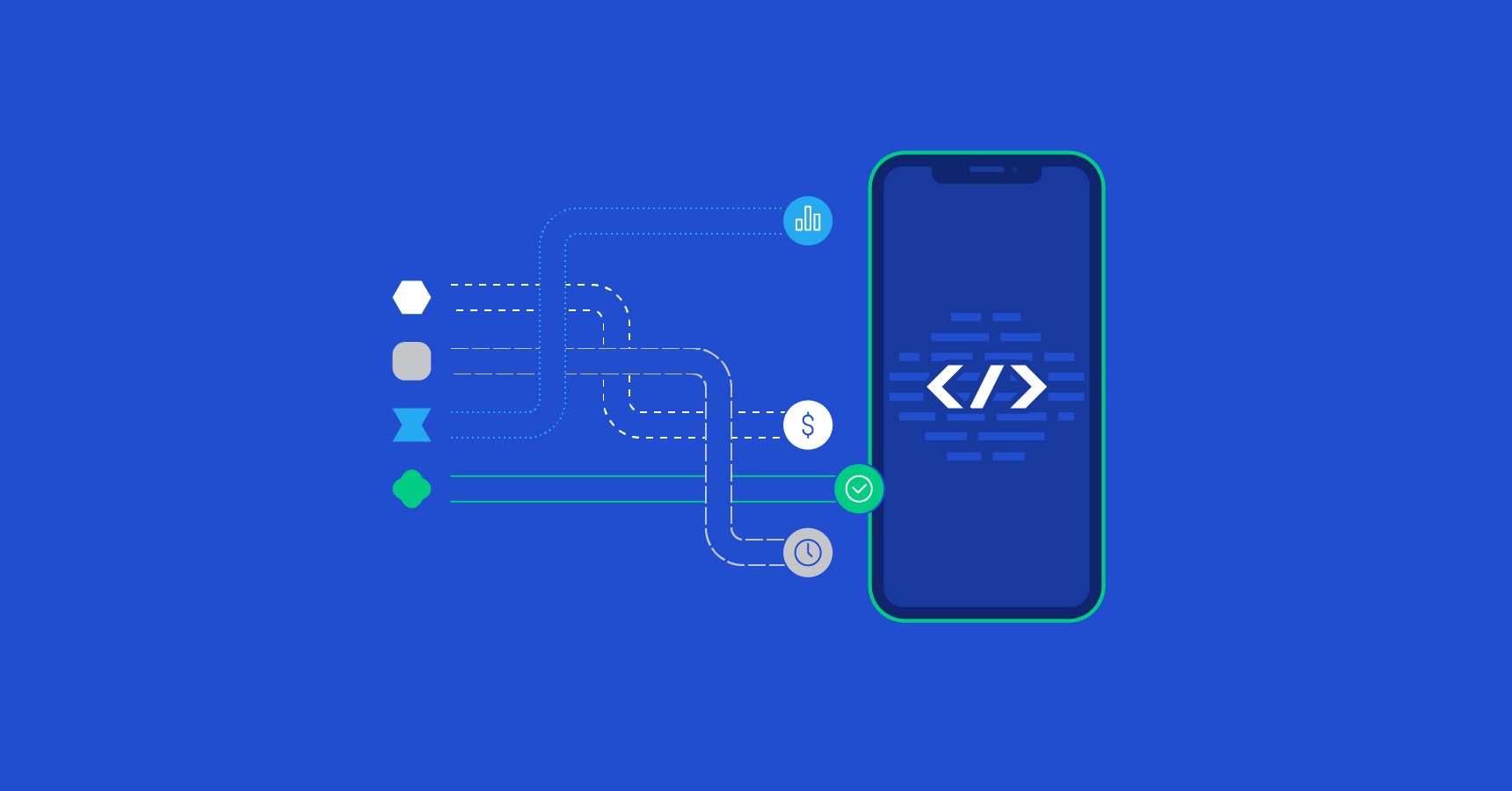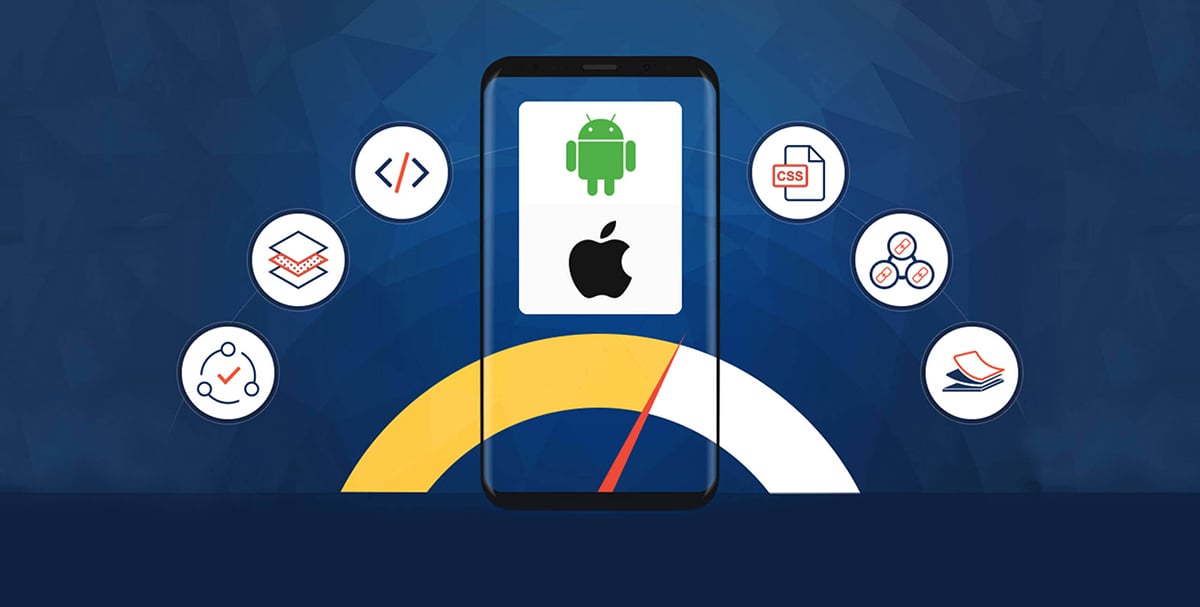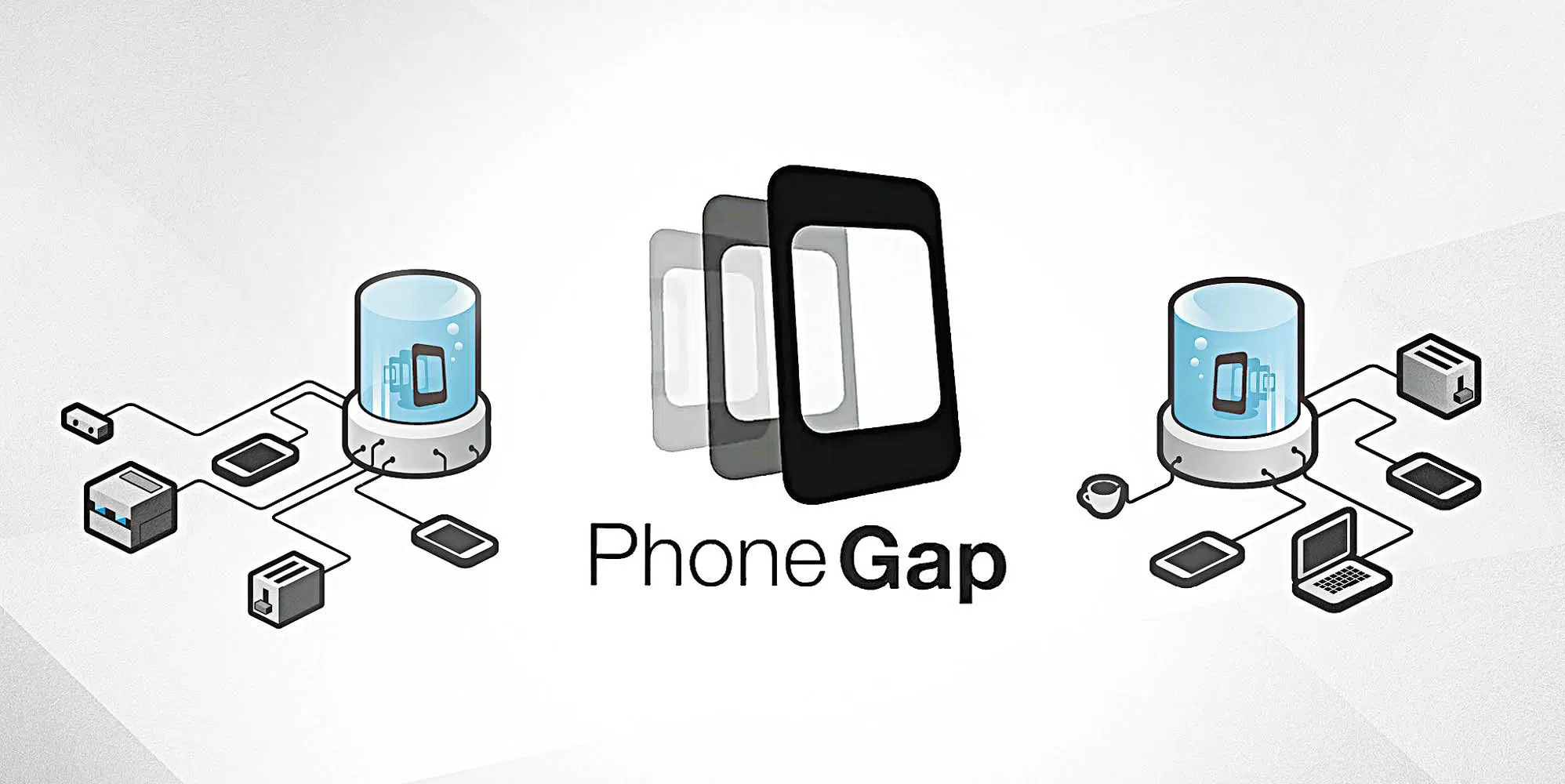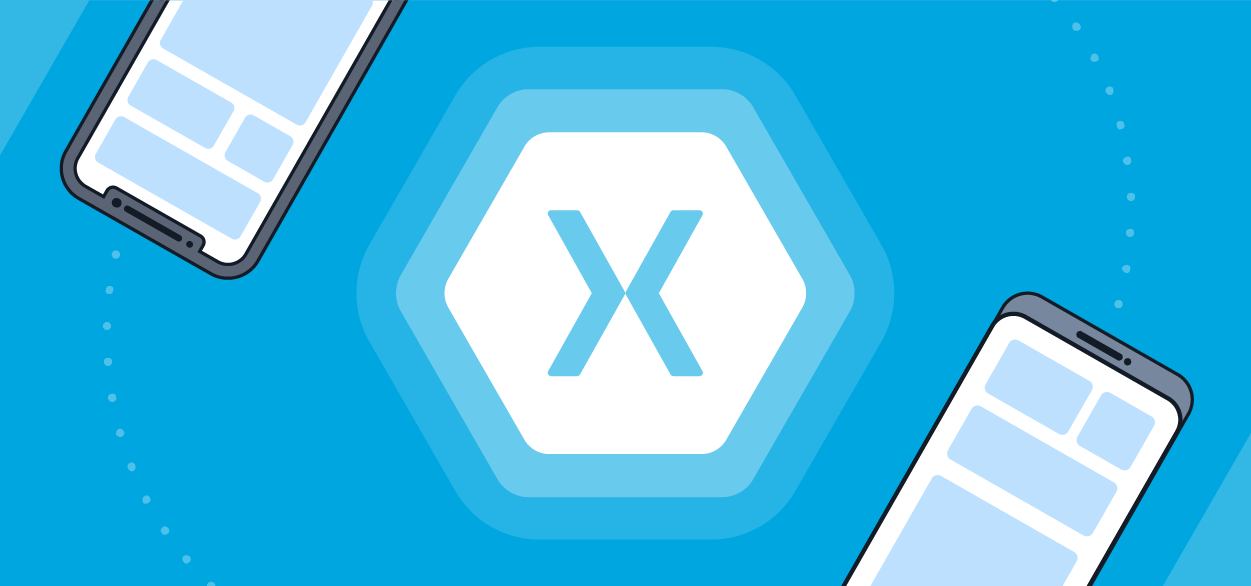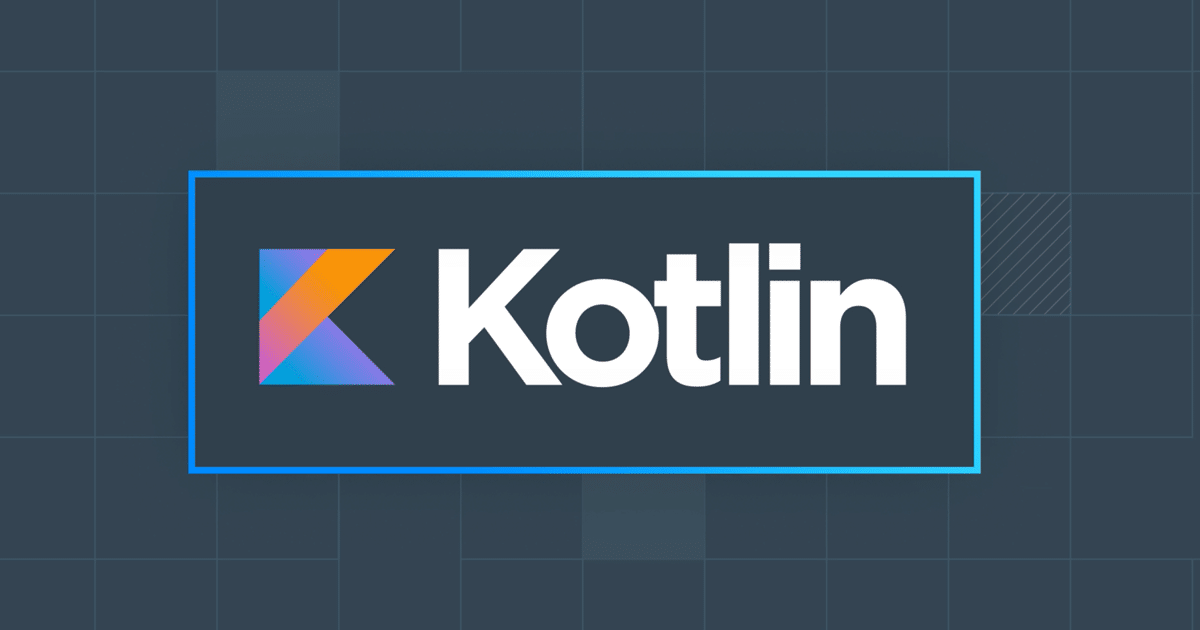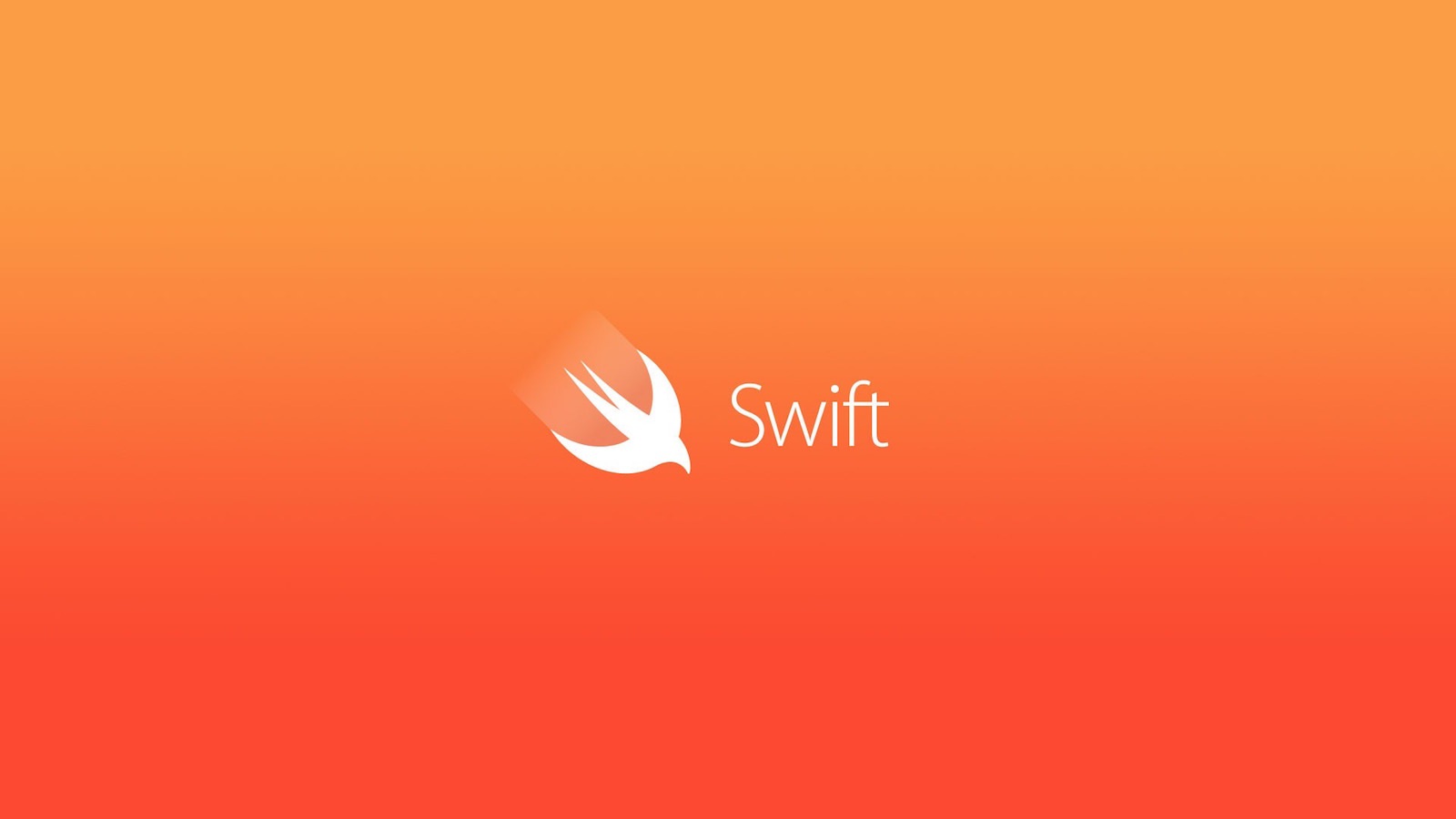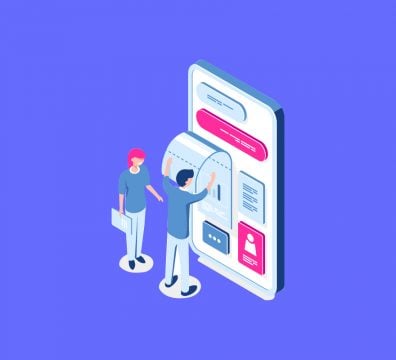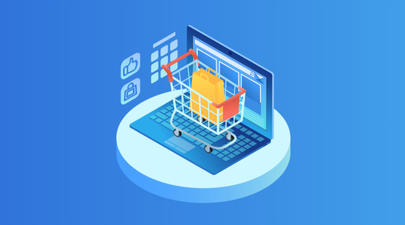With the popularity of mobile devices and smartphones, the time people spend on mobile devices can even surpass desktops and laptops. This makes browsers and mobile apps become the most internet hits. With such many users, mobile devices also possess a huge application store no less than computer devices. Mobile application development serves several of our needs from playing games, watching movies, listening to music, working in the office, updating news, etc.
So have you ever been curious about mobile application development? How do they work? Are they classified, or are they simply mobile apps?
Let’s find the answers to those questions through this article!
Table of Contents
What Is Mobile Application Development?
Mobile application development is the intricate process of creating software specifically designed for smartphones, tablets, and digital assistants, predominantly targeting the Android and iOS operating systems. These applications can be either preinstalled on the device, obtained through a mobile app store, or accessed via a mobile web browser. The programming and markup languages integral to this type of software development encompass Java, Swift, C#, and HTML5.
The landscape of mobile app development is witnessing rapid expansion. Across diverse sectors such as retail, telecommunications, eCommerce, insurance, healthcare, and government, organizations find themselves compelled to meet the ever-increasing user expectations for seamless, real-time transactions and information access.
Presently, mobile devices, coupled with applications that amplify their functionality, have become the preferred means for individuals and businesses to connect to the internet. To remain pertinent, adaptable, and successful, organizations must invest in the development of mobile applications that align with the demands of their customers, partners, and employees.
Despite its growing importance, mobile application development can be perceived as a formidable task. Once the choice of operating system platforms is made, developers must navigate the challenges posed by the constraints of mobile devices and navigate potential distribution hurdles. Fortunately, adhering to fundamental guidelines and best practices can streamline the journey of application development, ensuring a smoother and more successful outcome.
Types of Mobile Application Development
Prior to embarking on app development, it’s essential to define the type of app you intend to create. Below is an overview categorizing various mobile app development technologies, each accompanied by pertinent information.
There are 4 types of mobile applications. If you get the right mobile application development technologies, you will save time, effort, and finances.
- Native app
- Web app
- Hybrid app
- Progressive Web App
Native App
Mobile operating systems such as Android and iOS provide a series of software development tools to build applications unique to any device, such as the SDK software development kit. These apps are known as Native apps.
Native apps have the fastest processing speed with the highest reliability. They often adhere to platform-specific design principles, thereby getting a more consistent user interface than Web apps and Hybrid apps. Due to its tight integration with the operating system, Native apps have direct access to almost any device component (cameras, sensors, hardware-backed key stores, etc.).
Web App
Web apps are web pages designed to look like Native apps. These applications are typically written in HTML, CSS, and JS and run in the mobile device browser. For example, with Facebook, there is a Native app on both Android and iOS and if you want to use the browser, you can visit m.facebook.com.
Web apps are designed to run on multiple mobile operating systems, helping to reduce development costs, maintenance, upgrades, and so on. Besides, Web apps run slower than Native apps.
Hybrid App
The hybrid app is an application that combines the advantages and disadvantages of both Web apps and Native apps. Hybrid apps can be put on the app store to install and run like Native apps, but most of the app’s processes rely on web technology. Part of the application runs on an embedded browser, the web-based operations are run on the web view and display the results in the application window.
The hybrid app accesses the device functionality through a web-to-native abstraction layer. Depending on the framework used, the Hybrid app can be developed for each platform, while retaining the basic code that is cross-platform interactive.
Progressive Web App
Progressive Web Apps (PWA) work similarly to a website but differ in that they can be used without a network connection and can access mobile hardware – 2 features of the Native app. PWAs combine different standards of modern browsers to enhance the user experience.
PWA can be used on both Android and iOS platforms, but not all functions are supported, for example, on iOS, PWA from version 16.3 will be supported.
eCommerce Mobile Application Development
eCommerce is becoming more and more popular. Therefore, an eCommerce mobile application development is created as an online marketplace that is set up to serve part or all of the process of buying and selling goods or providing services, from introducing goods to concluding contracts, providing services, making payments, and also providing after-sales services.
Approach to Effective Users
Access and process information directly and quickly between businesses and suppliers, between businesses and customers. The number of buyers, sellers, and suppliers participating is very large, making it easy to do business in a digital market.
Convenient for Participants on the eCommerce Platform
All processes of buying, selling, transaction, negotiating, and payment are completed online on the Internet without having to travel.
As well as a very powerful tool to sell and advertise goods, it saves a lot of costs such as cutting down on demand for stores, selling space, and material warehouse, simplifying the comparison process, and product selection.
High Returns for eCommerce Developers
The eCommerce platform is a service business organization acting as an intermediary. Traders will register their business on the app, from which the platforms will charge a % fee of the product sale price and the form of running ads.
Mobile App Development Process
The mobile app development process is a systematic approach that involves several stages from conceptualization to deployment. Here’s an overview of the key steps in the mobile app development process.
Idea and Conceptualization
The initial step in the mobile app development process is Idea and Conceptualization, a crucial phase where the foundation of the app is laid out. Before diving into software development, it’s imperative to embark on a brainstorming journey to refine ideas.
This phase accommodates a spectrum of scenarios, some developers may already possess a basic concept, while others may be initiating the process with a blank canvas.
During this ideation stage, key questions must be addressed to shape the app’s purpose and goals. Developers should contemplate the app’s intended accomplishments, articulate its goals, and pinpoint the specific problems it aims to solve for users. Defining the core features that the app will incorporate is paramount, as is determining the investment budget for the project.
Crucially, decisions about the development approach must be made, whether to assemble an in-house team, engage an external agency, or leverage an app builder. While enthusiasm can lead to expansive brainstorming, it’s vital to maintain focus on the app’s core features.
Distilling the concept to its essential elements ensures clarity and prevents unnecessary distractions, steering the development process toward building a purposeful and effective mobile application.
Market Research
The next critical step in the mobile app development process is Market Research. Once your app idea is solidified, it’s essential to explore existing applications within the same domain, recognizing that truly original concepts are rare in the app landscape.
This phase involves scrutinizing the competition, understanding the target audience, and formulating a differentiation strategy to stand out in the crowded market.
Key questions during market research include identifying who your competitors are, defining the specific target audience your app aims to serve, and devising a strategy to distinguish your app from existing alternatives. Delving into the choice of platform for app launch is also crucial, considering factors such as user demographics and platform popularity.
Equally important is outlining a comprehensive plan for marketing and promoting the app. Understanding the dynamics of the market and user preferences ensures that promotional efforts are targeted and effective.
Market research is an indispensable step that should not be rushed. Skimping on this phase may lead to investing time and resources in developing an app only to discover later that there’s insufficient demand in the market. Therefore, thorough market research is a cost-saving measure, ensuring that the development process aligns with genuine market needs and user expectations before any actual building begins.
UX/UI Design
The UX/UI design phase is a pivotal step in the mobile app development process, focusing on crafting an intuitive and visually appealing user interface (UI) and ensuring a seamless user experience (UX). This stage begins with the development of wireframes and prototypes, providing a visual representation of the app’s structure and functionality.
- Wireframes and Prototypes: Develop wireframes and prototypes to visually map out the app’s UI and UX. This step provides a tangible representation of the app’s structure, interactions, and flow.
- Sketches and Initial Designs: Initiate the design process by creating sketches and wireframes to envision the app’s appearance and functionality. This early visualization aids in refining the app’s design before committing to detailed development.
- User-Centric Approach: Prioritize user experience by ensuring that the app’s interface is seamless and user-friendly. Consider user expectations, preferences, and behavior patterns during the design process.
- Storyboarding and Roadmap: Develop a storyboard or roadmap illustrating the connections between each screen. This visual representation helps in understanding the user journey and ensures a coherent flow throughout the app.
- Differences from Mobile Websites: Recognize the distinctions between app and mobile website usage. Tailor the design to optimize the unique advantages and limitations of a mobile application compared to a web-based platform.
- Prototyping Before Development: Create prototypes based on wireframes to visualize the app’s functionality and design elements. Prototyping allows for early testing and validation of the user experience, leading to necessary refinements.
- MVP Development: Consider building a Minimum Viable Product (MVP) after prototyping. An MVP is a simplified version of the app that focuses on core functionalities. This approach facilitates quicker deployment, garnering user feedback and allowing for iterative improvements.
Mobile App Development
The Mobile App Development phase marks the transition from planning to actual implementation. In this stage, the focus is on bringing the envisioned app to life, encompassing the development of both back-end technology, APIs, and the front-end interface. Several key steps guide this process:
- Choose Your Development Method: Determine the development approach, whether native (platform-specific), cross-platform, or hybrid, based on project requirements and goals.
- Assemble Your Development Team: Formulate a skilled development team comprising professionals proficient in the chosen technology stack, programming languages, and frameworks.
- Appoint a Project Manager: Designate a project manager to oversee the development process, ensuring coordination, communication, and adherence to timelines.
- Establish a Timeline with Milestones and Goals: Create a comprehensive timeline outlining key milestones and goals for the development process. This provides a roadmap for progress monitoring and project evaluation.
- Be Agile and Prepare for Changes: Embrace an agile development methodology, allowing flexibility to adapt to changes and enhancements throughout the development lifecycle.
- Platform Considerations: Depending on the chosen development method, decide whether to build separate versions for iOS and Android or opt for cross-platform development tools for a unified app across operating systems.
The timeline and budget for app development vary based on factors such as the chosen development method, app complexity, and the features it incorporates. The development process is highly customizable, with some apps being efficiently built within a month by a single developer, while others, especially those with intricate features like user authentication, GPS capabilities, and real-time communication, may require six months to a year with a larger development team. The key is aligning the development approach with the app’s requirements to ensure a successful and timely delivery.
App Testing
App Testing is a crucial step before launching your app, ensuring that it functions seamlessly and meets user expectations. Testing throughout the development process with Quality Assurance (QA) professionals is essential to identify and address bugs, glitches, and other issues. Key considerations during app testing include:
- Testing the app on both iOS and Android platforms.
- Ensuring compatibility by testing on various devices such as smartphones and tablets.
- Running tests with real users to gather feedback and make necessary improvements.
While perfection is elusive, the goal of testing is to deliver a functional app that works smoothly without crashes, providing users with an enjoyable experience. Recognizing that no app is flawless, the testing phase aims to address critical issues. It’s important not to strive for perfection during testing, as updates and new versions can be released later on. The focus should be on delivering a solid product that meets the intended functionality and user experience.
Mobile Application Development Tools
Adobe PhoneGap
This is one of the cross-platform frameworks owned by Adobe. It mainly uses languages like HTML, CSS, and JavaScript. Also allows access to the PhoneGap framework, which is intended to streamline the application development process, including debugging tools and options.
Besides, if you want to build live programs, Adobe PhoneGap also provides a cloud solution, supports complex text commands, and independent access to third parties.
In addition, its structure allows the adoption of plugins, extending device APIs, and applying integrated billing through the App Store and Google Play.
Appcelerator
It is a cross-platform application development tool that makes software run smoother by simplifying the whole process.
Appcelerator allows the building of mobile, tablet, and desktop applications through many different languages such as HTML, PHP, and JavaScript.
Only with the JavaScript codebase can users build native apps. In addition, it also provides web content in the native application, so that the code is not wrapped around the web container.
Moreover, thanks to the schemaless data warehouse, the data models do not need setup and are fully integrated for the continuous delivery and reception system.
React Native
This is considered the best cross-platform application development tool today. It allows programmers to build software using the JavaScript programming language.
The highlight of React Native is that it can work as an image editing and video processing tool without depending on other APIs. In addition, it also has the ability to write modules in many different programming languages such as C, Java, and Swift.
Besides, React Native also has a huge community, React native identity, and the best JavaScript library in UI design.
Xamarin
This is one of the tools used to develop cross-platform applications with just one .NET code, can also build software for Android, tvOS, iOS, watchOS, macOS, etc.
In addition, Xamarin is also considered the most vibrant part of the .NET ecosystem, used by millions of developers around the world and sharing more than 75% of programmer’s code across many different platforms.
Mobile Application Development Cost
The cost of mobile application development is influenced by various factors, and it’s crucial to consider these elements to estimate the budget accurately:
- Quality of Features, Complexity, and Platform: The richness of features, complexity in design, and the chosen platform (iOS, Android, or both) significantly impact the development cost.
- Back-End System: Apps with a back-end system, involving server-side development and database integration, tend to be higher priced due to increased technical complexity.
- Development on a Platform: Simple app development on a single platform can start at a relatively modest cost, for example, around 25 million VND.
- Complexity and Innovation: More complex applications, especially those incorporating cutting-edge technologies, can escalate costs, reaching well over 500 million VND.
- Development Source: The source of development, whether it’s a foreign or domestic development company or a freelancer, can impact costs. Foreign developers might charge differently than their domestic counterparts or freelancers.
- Budgeting for Updates, Marketing, and Additional Fees: It’s essential to allocate a budget for ongoing updates, marketing efforts, salaries for maintenance, and other potential fees that may arise during or after development.
Understanding that the cost is not only about the initial development but also about sustaining and improving the app over time is crucial. Planning for the entire app lifecycle, from development to post-launch activities, ensures a more realistic budget and successful management of the mobile application project.
Programming Languages for Mobile Application Development
There are many different languages used to program mobile apps.
When it comes to mobile application development, knowing programming languages is fundamental. Using a new appropriate programming language helps the process of building mobile applications smoothly, meeting the real needs and requirements of users.
The Programming Language Used for Android
Mobile Application Development Java
Known as one of the most popular languages, most used today when developing mobile apps for the Android operating system. With an extremely strong developer community, developing for many years, mobile application development with Java helps each person to be supported, enthusiastic, and professional advice on expertise when needed. This will definitely help the process of writing apps go smoothly and work effectively on mobile devices after completion.
The outstanding advantage when using the Java language in building Android apps is that we can freely create the app we want. However, the creation has a certain limit, in the range of professional knowledge, and personal understanding of this programming language. So, before starting, please consult and learn carefully to be proactive and more effective when using Java in mobile application programming.
Kotlin Programming Language
Currently, this language is officially supported by Google to meet the needs of each person in the process of writing apps according to actual requirements.
Using Kotlin is the main task, the most important thing is to solve some problems that arise when using Java, thereby helping the Android application design process smoothly and bringing the best results. Then, the ownership of applications for mobile devices on the Android operating system becomes as effective as each person desires.
Programming Language for iOS
Swift Programming Language
For mobile applications developed on the iOS operating system, Swift is considered the best programming language for mobile application development for beginners. This is a language that was introduced in 2014. Currently, the Swift programming language is used in an open-source form, effectively accessible, and favored by many reputable mobile developers. For individuals and units who want to start a business with an iOS app, Swift is the smartest and most conventional choice.
Currently, the Swift language is added by Apple with many useful and great features such as simple syntax, effective programming error, etc. Swift, the ability to effectively perfect the application, to respond well to the goal of programming mobile apps for the iOS operating system, is conducted as desired.
Objective-C Programming Language
The first programming language used, which was considered essential for the early development of the iOS operating system, was Objective-C. Therefore, although the Swift language is increasingly popular, Objective-C is still meaningful, important, and trusted in many different projects. Sometimes, the parallel use of both languages helps the iOS application development process achieve the most ideal results.
Mobile Application Development Benefits
For Businesses
There are specific and multi-purpose business applications depending on the areas of activity. Business owners appreciate popular, full-featured tools that make it easier to manage their business and optimize their workflow. For example, they choose mobile application development advantages as follows:
- Enhanced Customer Engagement: Mobile applications enable businesses to establish direct and personalized communication with their customers. Through push notifications and in-app messaging, companies can keep users informed about new products, promotions, and updates, fostering continuous engagement.
- Increased Brand Visibility and Recognition: Developing a mobile app provides a valuable channel for brand exposure. As users scroll through their app lists, your icon becomes a constant reminder of your brand. Consistent branding within the app enhances recognition and helps build a strong brand identity.
- Improved Customer Loyalty and Retention: Mobile apps contribute to customer loyalty by offering convenient access to products or services. Loyalty programs, personalized discounts, and exclusive content can be integrated into apps, incentivizing users to remain loyal to the brand.
- Data Collection and Analytics: Mobile applications allow businesses to gather valuable data on user behavior and preferences. Analytics tools provide insights into app usage patterns, enabling businesses to refine their strategies and tailor offerings based on user feedback and interactions.
- Streamlined Sales and Transactions: For eCommerce businesses, mobile apps simplify the purchasing process. With features like one-click payments and intuitive navigation, businesses can enhance the user experience, leading to increased sales and streamlined transactions.
For Marketing
Any company needs customers and partners to set up responses. Find out what customers need by turning them into users of your company’s mobile app. Even if it’s simple promotional apps, it’s possible to advertise new products. Provide your company’s marketers with the following notable benefits:
- Direct Marketing Channel: Mobile applications serve as a direct and dedicated marketing channel for businesses. By sending targeted push notifications and in-app messages, marketers can reach users directly, increasing the visibility of promotions, new products, or time-sensitive offers.
- Personalized Marketing Campaigns: Mobile apps allow for personalized marketing campaigns based on user preferences, behavior, and location. By leveraging user data collected within the app, marketers can tailor promotions and content to match individual interests, increasing the relevance of marketing messages.
- Rich Multimedia Content: Mobile apps provide a platform for delivering rich multimedia content, including videos, images, and interactive features. Marketers can create visually appealing and engaging content to showcase products or services, effectively conveying brand messages and differentiating themselves in the market.
- Social Media Integration: Integration with social media platforms within mobile apps facilitates seamless sharing of content. Users can share their experiences, purchases, or achievements directly from the app, contributing to word-of-mouth marketing and expanding the brand’s reach through social networks.
- Location-Based Marketing: Mobile apps enable location-based marketing strategies, sending targeted promotions or messages to users based on their geographic location. This geotargeting capability enhances the relevance of marketing efforts, especially for businesses with physical storefronts or localized services.
- Increased Conversion Rates: The streamlined user experience within mobile apps, combined with personalized offers and easy navigation, often leads to higher conversion rates. Users are more likely to convert from prospects to customers within the controlled and optimized environment of a well-designed mobile application.
For Users
An application becomes popular when it comes to functions that are useful and essential to people. The company can promote its brand through a non-profit app, so the app itself can become a marketing tool. Just give the world something that’s needed and get widespread recognition. The following types of applications help the company become an assistant in the user’s personal life:
- Health and Fitness Apps: Applications that help users track their fitness activities, monitor their health metrics, and provide personalized workout routines or nutrition plans.
- Task and Time Management Apps: Tools designed to assist users in organizing their daily tasks, setting reminders, and managing their schedules efficiently.
- Budgeting and Expense Tracking Apps: Applications that empower users to manage their finances, track expenses, and set budget goals for better financial planning.
- Language Learning Apps: Platforms that facilitate language learning, offering lessons, vocabulary practice, and interactive exercises to help users acquire new language skills.
- Recipe and Meal Planning Apps: Apps that provide recipes, meal planning suggestions, and grocery lists, simplifying the process of cooking and meal preparation.
- Mindfulness and Meditation Apps: Applications focused on mental well-being, offering guided meditation sessions, relaxation techniques, and mindfulness exercises.
- Educational Apps for Skill Development: Platforms offering courses, tutorials, and interactive content to help users acquire new skills or enhance existing ones.
- Reading and News Apps: Platforms that curate personalized reading lists, provide access to e-books or articles, and deliver news updates based on users’ interests.
Final words
It won’t take too long for mobile application development to become the standard of practice in business, especially the marketing, consumer goods, cars, and food companies to communicate with customers. Mobile apps will be applied, especially in Western and Asian countries, with high usage of smartphones.
However, mobile application development is a challenging task that requires a lot of resources, time, and budget to implement a successful project. Moreover, it also requires each developer a set of specific skills and expertise in the field to create the most optimal and user-centric app. Thus, partnering with a trustworthy app development agency is a recommendation and Magenest is one of them. We have a great team of experienced app developers who have been through multiple projects domestically and globally. Contact us now to receive advanced consultancy and the best solution for your business.


